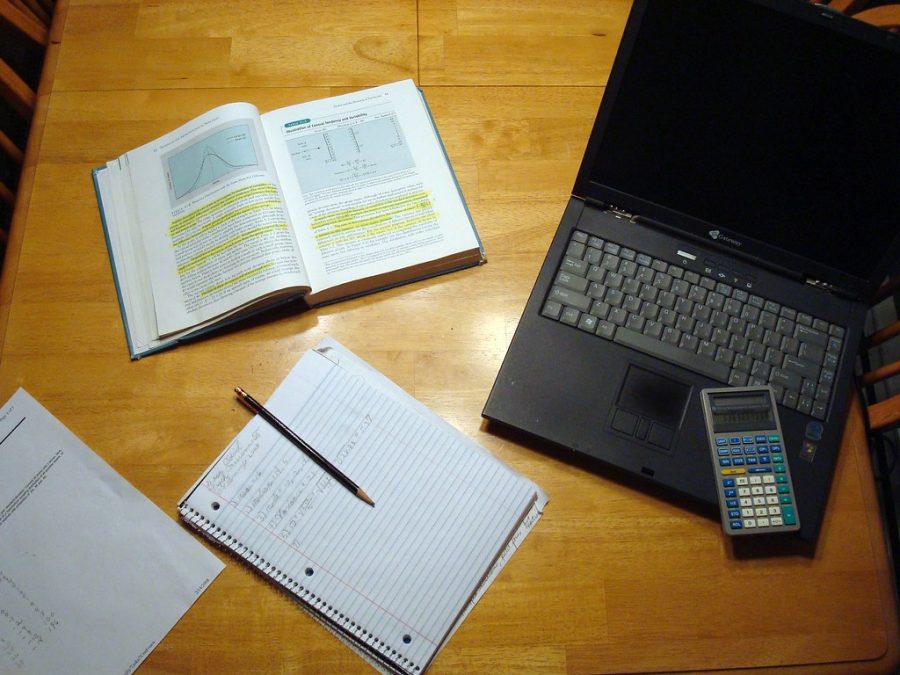Many of us struggle with the anxious or sometimes gut wrenching stress that consumes our afternoons due to mass amounts of homework. For most students, homework becomes a lot when combined with extracurriculars and other activities outside of school. It becomes less of an experience for academic growth and more of busywork that drains time and energy.
An article from CNN covering a study of education in 2014 states, “Research showed that excessive homework is associated with high stress levels, physical health problems and lack of balance in children’s lives; 56% of the students in the study cited homework as a primary stressor in their lives.”
While we live in 2025, almost a decade later, the aspects of homework in students’ lives have not changed much. For a lot of high school students, homework can take up to three hours or more after school. This is a lot to balance with after-school activities that also take up time, and it’s a lot to comprehend. So the question arises on whether or not homework is even valuable when many students are completing it while they are exhausted and emotionally drained?
Research from the University of San Diego shows that, “While 10 minutes per day doesn’t sound like much, that quickly adds up to an hour per night by sixth grade. The National Center for Education Statistics found that high school students get an average of 6.8 hours of homework per week, a figure that is much too high…”
While homework in elementary school seems easy, for high school students the minutes add up to hours. Between being at school for six to eight hours, and completing extracurricular activities after school, 4-6 hours of dense homework takes a large physical and emotional toll on many teenagers.
Oftentimes, mass amounts of homework in the evening negatively affect kids mental health, rather than advance their learning. Too much homework can often be associated with greater stress, a decrease in teens’ health, and less time for social life.
A study conducted by Stanford University says, “56 percent of the students considered homework a primary source of stress… 43 percent viewed tests as a primary stressor, while 33 percent put the pressure to get good grades in that category. Less than 1 percent of the students said homework was not a stressor.”
Excess amounts of homework can also lead to an increase of sleep deprivation among teens, and other health issues like headaches, exhaustion, weight loss, and stomach problems.
There is also a considerable increase in the lack of social interaction when homework amounts to more than three hours a day. Students tend to drop activities, spend less time with their friends and families, and forget about pursuing the hobbies they actually enjoy.
According to GuruAtHome.org, “While homework plays an essential role in reinforcing academic knowledge, it often comes at the cost of valuable family time. The pressure to complete lengthy assignments can create stress, tension, and a disconnect between family members, all of which can impact relationships and overall well-being.”
Although homework negatively impacts many high school students’ emotional well-being, it does help improve student achievement, reinforce better learning in the classroom, and can get parents involved with their kids’ education. “Homework helps students of all ages build critical study abilities that help them throughout their academic careers. Learning at home also encourages the development of good research habits while encouraging students to take ownership of their tasks,” says OxfordLearning.
So, when homework is assigned with purpose and benefit, it can help to cultivate learning and create a positive experience. But for most high schoolers, homework has become a major stressor in their lives and is counterproductive when it has little effect on their learning. So we have to ask the question, when does homework become too much homework?


